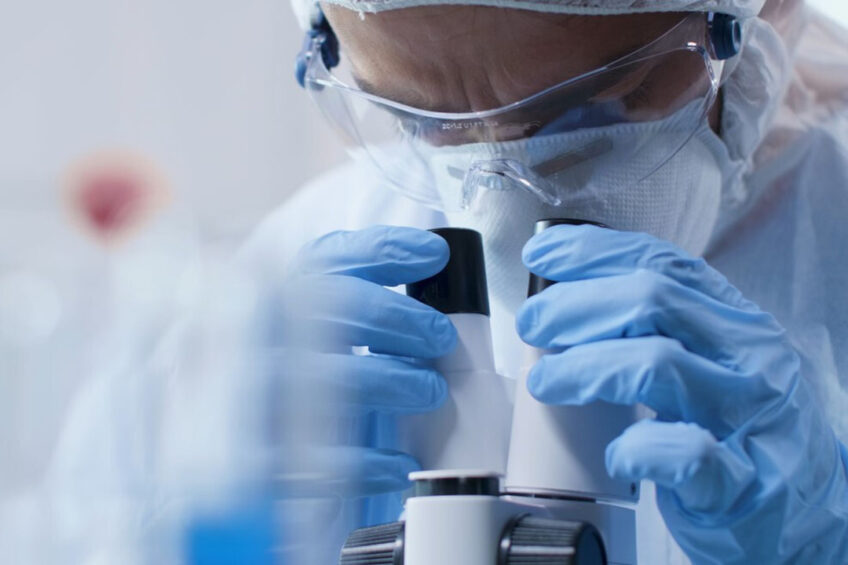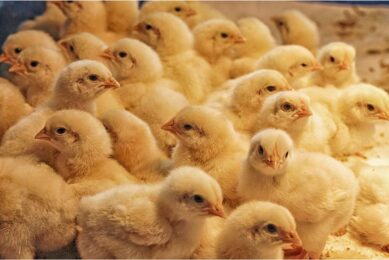Russian scientists roll out plans to establish a poultry microbiota database

A group of Russian scientists have started working on creating a database of intestinal microbiocenoses collected among the domestic poultry population to better understand the impact of the use of antibiotics and improve feeding effectiveness in the domestic poultry industry.
The project has been launched by the All-Russian state centre for the quality and standardisation of medicines for animals and feed and is claimed to facilitate achieving goals set in the Russian law “on biological safety in the Russian Federation”.
“One task is to understand the relationship between the genes of the microbiota, and the drug load.”
The scientists explained that they identify differences in the taxonomic composition of microbiota in free-range poultry and in poultry kept in cages on industrial farms. One of the tasks of the studies is to understand the relationship between intestinal microbiomes, i.e., the genes of the microbiota, and the drug load, the scientists said.
Battling diseases
“The researchers are conducting work to diagnose the state of the gastrointestinal microflora of birds under the influence of antimicrobial and probiotic substances,” the state centre said in a statement. “This will contribute to the prevention of campylobacteriosis, clostridiosis, colibacillosis, salmonellosis and other microbiome diseases.”
The scientists explained that, as in other species in poultry, the intestinal microflora is involved in forming the body’s resistance against various diseases and protecting the gastrointestinal tract from foreign microorganisms. However, its understanding of how microbiota performs these functions remains scarce.
The new project is designed “to assess the diversity of bacteria contained in it at the level of genera, classes, types and families” and to determine “the population of the most dominant groups of intestinal microorganisms” among the poultry population at Russian farms.
Looking at the impact of antibiotics use
Russian farmers were allowed to use antibiotics in virtually unlimited quantities for years. The Russian veterinary standards only prescribed that no antibiotics residues above the permitted limits must be found in the finished products. However, the authorities started tightening control over the use of in-feed antibiotics in 2021, eyeing to cut their use on farms.
The state centre also disclosed that the project would pave the way to a detailed assessment of disturbances in the microflora of poultry under antibiotic load, determine the possibilities for modulating the microbiomes of poultry with the help of probiotics, as well as to create a state database of their intestinal biomaterials, genes and pure cultures.
“These data will be used in the development of new veterinary drugs, as well as feed and biotechnologies aimed at reducing the risk of developing infectious and non-communicable diseases,” the scientists said.
 Beheer
Beheer











 WP Admin
WP Admin  Bewerk bericht
Bewerk bericht